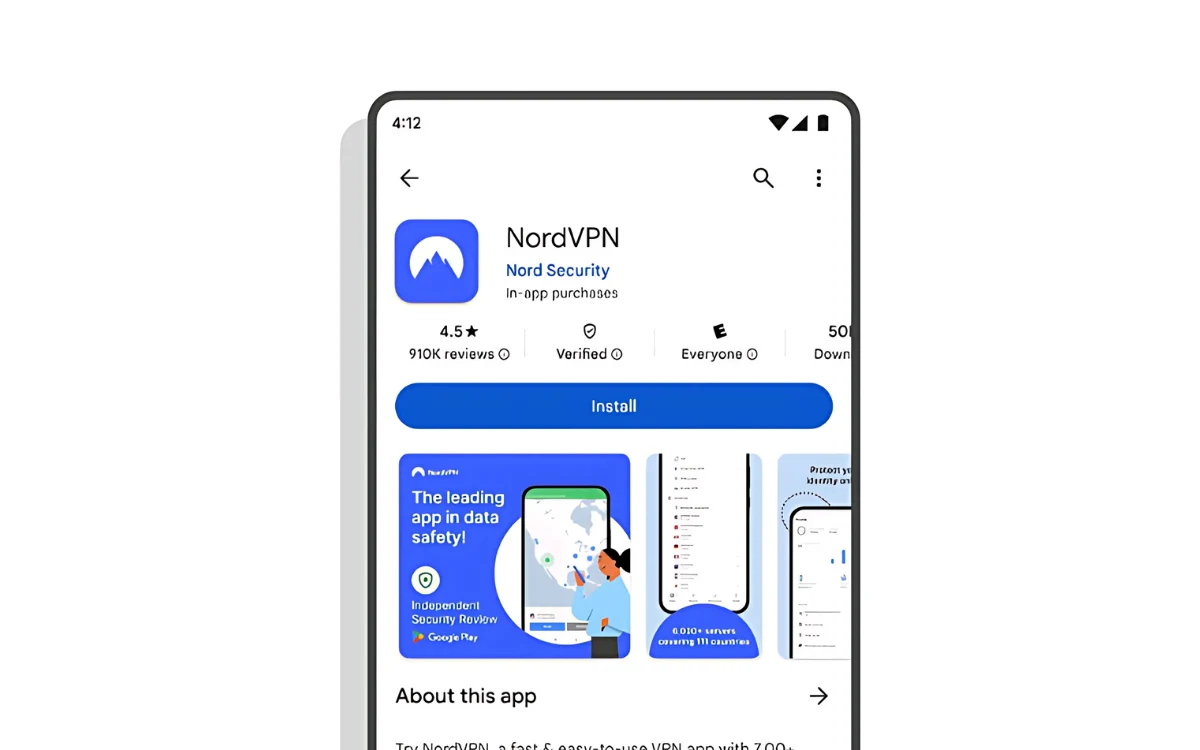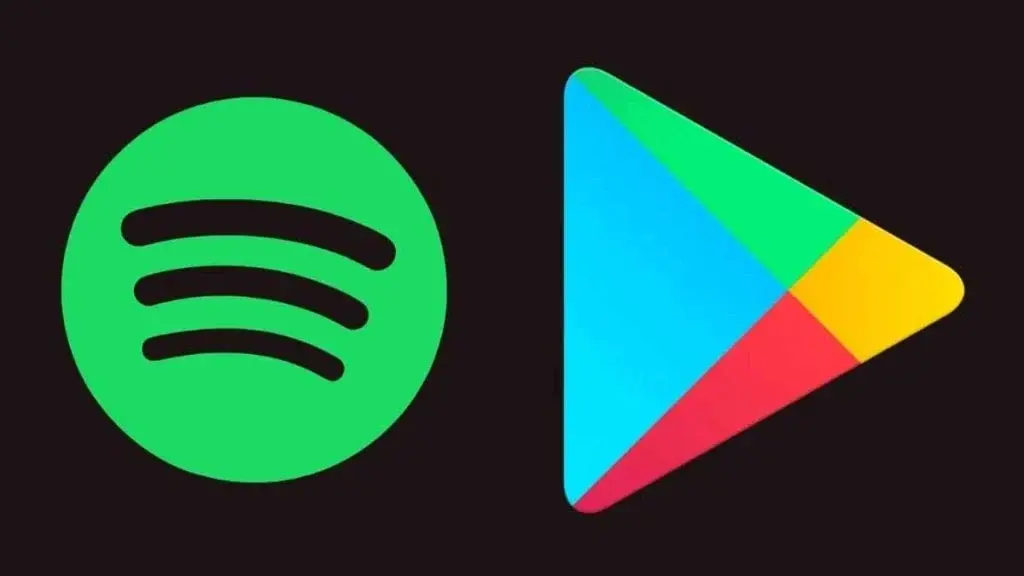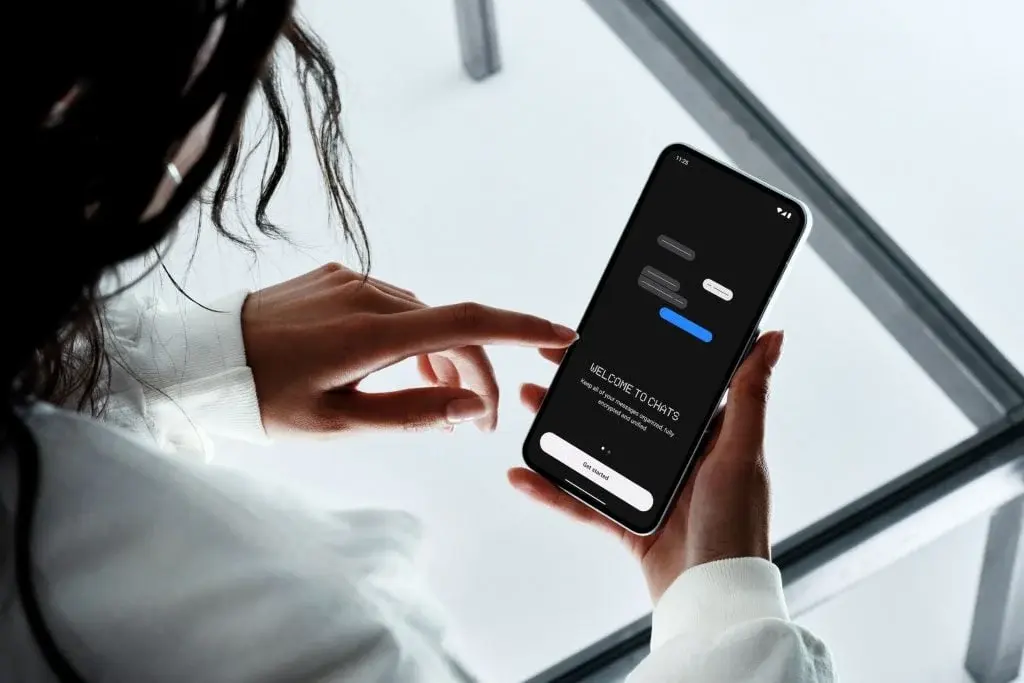Google is rolling out a “Verified” badge on the Play Store, aimed at helping users spot trustworthy VPN apps. This badge appears as a shield with a checkmark and the word “Verified.” It signifies that the VPN meets stringent security and privacy criteria, allowing users to confidently choose apps that effectively safeguard their data.
Requirements for the Verified Badge
To obtain this badge, VPN applications must successfully complete Google’s Mobile Application Security Assessment (MASA) Level 2 and adhere to the guidelines set by the Play Store. Developers are required to fulfill certain conditions, such as having a minimum of 10,000 installations, 250 user reviews, and being available on the Play Store for at least 90 days. Additionally, they must operate under an organizational developer account and provide a declaration in the Data Safety section, explaining how they handle user data and confirm that independent security audits have been conducted.
Addressing Security Concerns
This initiative responds to rising worries about malicious VPN applications that pretend to be secure tools while actually collecting user data or distributing malware. Earlier this month, Google issued warnings about seemingly legitimate VPNs being exploited as gateways for cyberattacks. With an increase in VPN usage due to privacy issues and restrictions online, the demand for clear verification has become more important than ever.
Leading VPN Providers
Notable VPN providers like NordVPN, Hide.me, and Aloha Browser have already been awarded the badge, showcasing their dedication to user safety. Verified applications might also enjoy more visibility on the Play Store, motivating developers to follow these guidelines.
This action is part of Google’s wider strategy to boost transparency and security within the Play Store, building on previous updates like privacy labels and banners for independent security reviews. Last year, Google also launched a verification badge for government-developed applications, assisting users in distinguishing genuine apps from official entities.
As cyber threats continue to evolve, the “Verified” badge represents a significant move towards empowering users to make educated decisions in an overcrowded VPN marketplace, ensuring safer and more reliable experiences with apps.
Source:
Link






